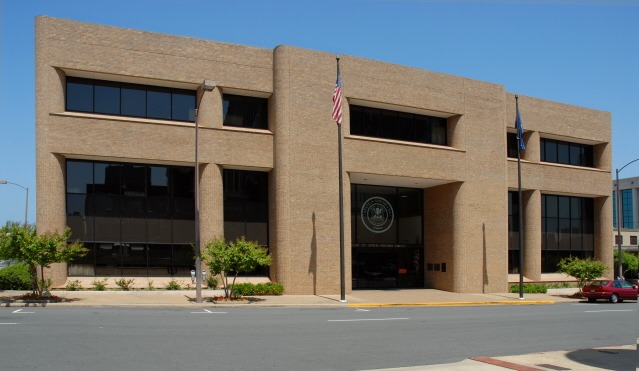
Louisiana Appellate Court Upholds Verdict & Increases Award by $1,186,000
After seeing a gastroenterologist in August 2013 about a pain in his upper right abdomen, Roger Burchfield was referred to the Willis-Knighton Medical Center in Shreveport, Louisiana. Forrest Wright, a surgeon at the medical center, determined that Burchfield, then 58, required immediate gallbladder surgery. Before the operation, Wright ordered an EKG and a chest x-ray to determine whether the patient was physically well enough to undergo the procedure. But according to a medical malpractice lawsuit, filed on behalf of the Burchfield family, no one at Willis-Knighton read the results of those tests before performing the surgery, which allegedly caused Burchfield to suffer from heart failure.
The family decided to settle their claim against Dr. Wright for $100,000, but they took their suit against the Patient’s Compensation Fund to trial. After hearing the deliberations, a Louisiana jury found in favor of the Burchfields after coming to the conclusion that Wright was negligent. They awarded the family $680,000 for the lost chance of a better outcome. But because Louisiana caps their medical malpractice damages at $500,000, the judge reduced the jury’s award to $400,000, so that with the $100,000 from Wright they would be at the limit.
The attorneys representing the Burchfields then appealed the ruling, arguing that the $500,000 cap only covers general damages and not future medical expenses or lost wages. At the end of June 2017, a panel of three appellate court judges also ruled in favor of the Burchfields. They found that if anyone had read the results of the pre-operative tests, it would have been discovered that Roger Burchfield was on the brink of heart failure and in need of a bypass surgery. But instead the gallbladder operation was performed as scheduled and Roger was discharged the same day.
Less than two days later, Burchfield was rushed to his local emergency room in critical condition. That same day he was returned to Willis-Knighton, where they determined he had suffered a massive heart attack and respiratory failure. The attending physicians in the intensive care unit medically induced a coma and an intra-aortic balloon pump was implanted to artificially keep his heart beating. After determining that he could not survive a bypass surgery, Burchfield was moved to the Baylor Medical Center in Dallas, Texas. And in the beginning of September, just a few weeks after his gallbladder surgery, Burchfield successfully received a new heart.
“We are very pleased the court of appeal recognized the extent of the damages caused by the defendant and rejected the suggestion from the other side that the malpractice did the patient a favor and extended Mr. Burchfield’s life expectancy since he got a new heart,” said the plaintiff’s attorney.
The life expectancy for an individual who has received a heart transplant is 13 years. Shonda D. Stone, Jeff Cox, and Joe Bleich, the Court of Appeal’s Second Circuit judges, awarded the family special damages of $693,000 for medical bills and $493,000 for lost wages on top of the previously stipulated $500,000.
Frequently Asked Questions

What is Gastric Branding? Gastric banding is a surgical procedure which was approved for use by the Food and Drug Administration in 2001 as a means for helping obese patients successfully manage their weight. The procedure is usually only recommended for those with over 100 pounds in extra weight, with a body mass index exceeding
Read More
The three categories of locked-in syndrome are complete, classic, and incomplete. The severity of the condition and the level of movement restriction determine the category of locked-in syndrome, with complete form being the most severe, incomplete form the least, and classic form in the middle. No matter which category of locked-in syndrome a person has,
Read More